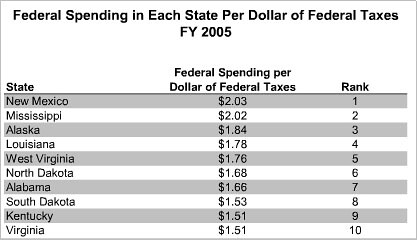Why Can’t We End Poverty in America? – NYTimes.com
Interesting piece on the failure to eradicate poverty and its growing pervasiveness and persistence.
One of the things that always strikes me in analyses like these, and indeed, in comments like Mitt Romney’s, “I want everyone to have a house like this,” referring to a mansion owned by the Papa John’s Pizza founder, is the fact that not everyone can be rich. In response to Romney, I want to say, “Really? How much money do you propose we pay school teachers in order for that to work out?”
In the case of your piece, and many others, is the call for a better educated or more skilled workforce. This, unfortunately, reminds me of Judge Smails’ comment in Caddy Shack, “The world needs ditch diggers, too!” There will be huge swaths of the population that will continue to work in food service, cosmetology, retail sales, and so on. Until we have a minimum wage structure that supports lifting so many of these people into the middle class, poverty will persist.
I do not know the answers, and I applaud you for positing some very constructive ones, but I am afraid that until we acknowledge that we do have classes of workers, and that we would all be better off if the lower classes were supported more by better social services, better minimum wages, access to health care and so on, we will not be able to ask the right policy questions.
Cheers,


